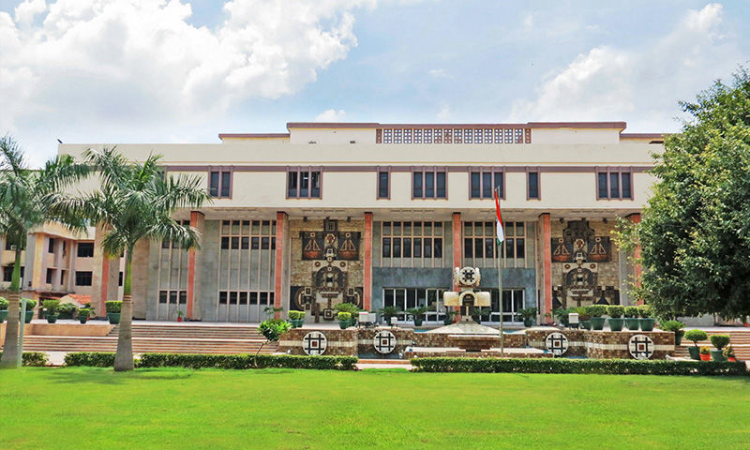The Delhi High Court has held that transactions concerning mutual funds were in the nature of investment and not motivated by trade.The bench of Justice Rajiv Shakdher and Justice Girish Kathpalia has observed that the intent has to be ascertained keeping in mind the magnitude and frequency of the transactions, the period for which shares are held, the purpose for which they are held, and...

